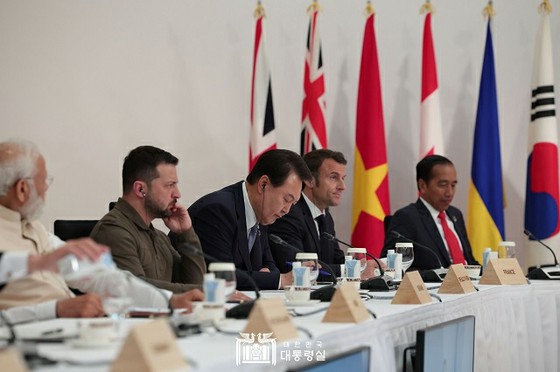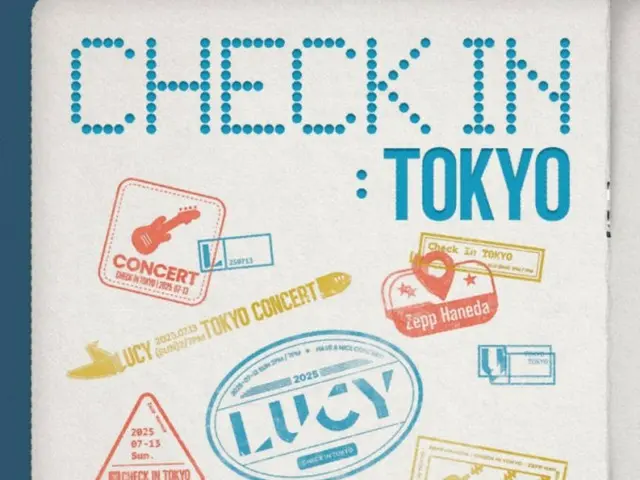 |
In addition to the seven member countries, the Japanese government invited the leaders of eight countries, including South Korea, and the heads of seven international organizations to the G7 Hiroshima Summit. This is to realize a 'free and open Indo-Pacific' based on the rule of law. This was the fourth time for a South Korean president to participate in the G7 summit.
In 2020, then-U.S. President Donald Trump criticized the G7 framework as "outdated," and expressed his desire to expand the G7 into the G10 or G11 by adding South Korea, Russia, Australia, and India. Due to the spread of the COVID-19 virus, this year's face-to-face G7 summit was canceled, but South Korea participated in the G7 summit held in the UK in 2021 with then-President Moon Jae-in. was invited and attended.
South Korea was also invited to the G7 Hiroshima Summit this time, and President Yoon, who attended the expanded meeting, discussed diplomacy, security, economy, assistance to developing countries, and international cooperation on environmental issues. A Japan-U.S.-ROK summit was also held, and they agreed to develop cooperation among the three countries to a new level. US President Biden also proposed to invite the leaders of Japan and South Korea to the US at this meeting. As North Korea accelerates its nuclear and missile development and China intensifies its hegemonic moves, mutual visits between Japan and South Korea, known as 'shuttle diplomacy,' are realized in three countries, including the United States. It's showing a sullen atmosphere.
In an interview with broadcaster YTN, Kim Tae Hee, First Deputy Director of the National Security Office of South Korea, commented on the agreement on "a new level of cooperation among the three countries" at the Japan-U.S.-South Korea summit meeting, saying, "The three countries It can be said that it means to qualitatively strengthen security cooperation, and to materialize cooperation agendas that have been neglected so far, including economic supply chains and people-to-people exchanges."
It has been pointed out that relations with China have become estranged as the Yun administration shifts the central axis of diplomacy to the United States and emphasizes cooperation between Japan, the United States, and South Korea, as well as cooperation within the international community. South Korea is still highly dependent on China for trade, and China's cooperation is indispensable even on the North Korean nuclear issue. Shin Jeong-soon, former ambassador to China and professor at Dongseo University, told South Korean newspaper JoongAng Ilbo, "Since the South Korea-US summit and the G7 summit (held last month), China has shown strong dissatisfaction. It is even showing the possibility that the half-baked relationship between South Korea and China will become rigid. Recently, exchange events between South Korea and China have been postponed by the Chinese side. It is difficult to expect visits by major figures from both countries in the future.” expressed concern. Kim Jin-ho, a professor of political science and diplomacy at Tanguk University, said, "China seems to be deeply troubled by South Korea at the moment. It looks like this," adding, "Following the improvement in relations with Japan, we must make a breakthrough in relations with China."
However, the South Korean presidential office has stressed that there is no problem with relations with China. First Deputy Director of the National Security Office Kim Tae Heeyo said, "We are trying to start bilateral strategic dialogue between China and Japan, and between China and South Korea. I think it will create an atmosphere to hold a South Korea-China-Japan summit at an appropriate time."
The JoongAng Ilbo also appealed for the need for an early summit in an editorial on the 24th. The newspaper said, "Speech and deeds that unnecessarily provoke China are never in the national interest. A South Korea-China summit would be fine, and I hope that the government will actively consider using the holding card for a South Korea-China-Japan summit [which has not been held since December 2019]."
2023/05/25 12:36 KST


